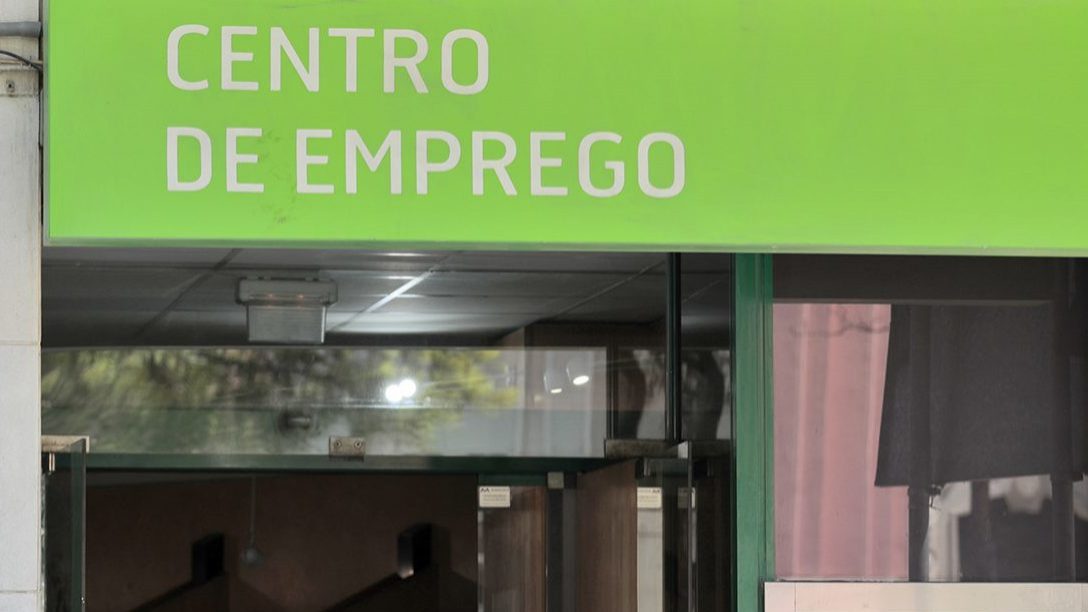Public sector’s deficit in 2018 was nil, excluding Novo Banco’s capital injection
The public sector's deficit would be nill in 2018, if we exclude one-offs (the effect of temporary and non-recurring measures such as Novo Banco's capital injection).
Portugal’s public sector budget deficit was nil last year if the effect of temporary and non-recurring measures such as the capital injection into Novo Banco are excluded, according to a report by a parliamentary watchdog that Lusa has seen.
“The adjusted balance, which excludes the effect of those measures, was therefore at 0.0% of GDP” – gross domestic product – the Technical Budgetary Support Unit (UTAO), a unit attached to parliament, in a note on the public accounts from January to December 2018.
“The operations with temporary and/or non-recurring effects carried out in 2018 have contributed, as a whole, 0.5 percentage points (p.p.) of GDP to the balance,” the note states.
Among the operations with a negative impact in 2018, the outstanding one was “the activation of the contingent capitalization mechanism of Novo Banco” – the successor institution to Banco Espírito Santo – with a weight of 0.4% of GDP, but there were also “a series of smaller operations” with a total impact of 0.2% of GDP.
The UTAO cites a court ruling that Lisbon city council must pay compensation to individuals for failure to comply with a contract, the conversion of deferred tax assets, the issuing of a guarantee to SATA Air Açores by the Azores regional government, and the payment of compensation and reconstruction costs following the devastating forest fires of 2017.
In 2018, an injection of €791.7 million was made into Novo Banco by the banking sector Resolution Fund, which is accounted for as part of the public sector so has an impact on the public accounts.
On the other hand, the UTAO notes as one positive effect the recovery of part of a guarantee relating to BPP, another collapsed bank, which added 0.1% of GDP to revenues.
The UTAO is a specialized unit that operates under the aegis of and provides expert advice to the parliament’s committee on budgetary and financial matters. It drafts studies and expert working documents on the management of public finances.




